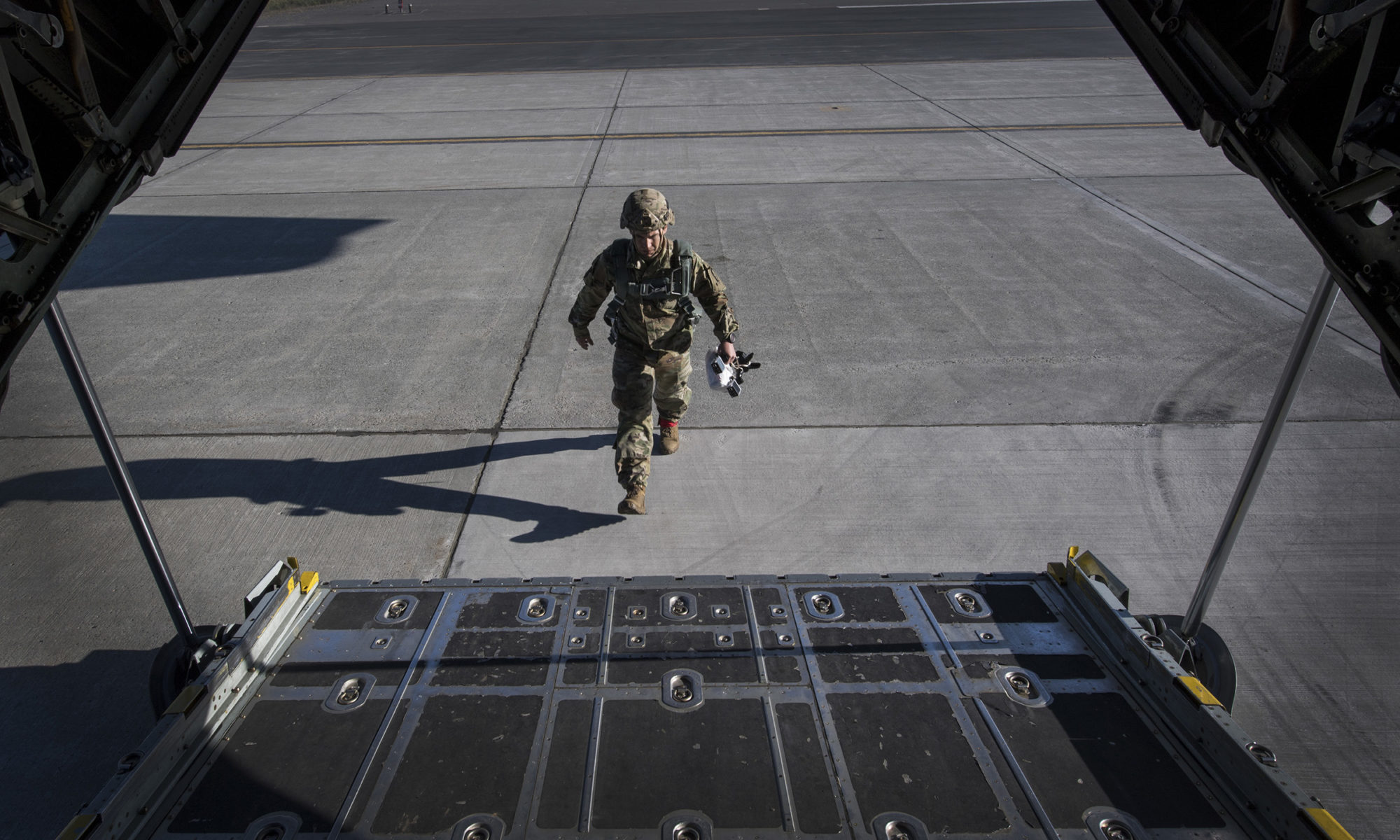Overseas Voting Initiative, a collaboration by CSG and the Federal Voting Assistance Program, examines sustainability of balloting solutions for military and overseas voting
LEXINGTON, Ky.—The Council of State Governments announced today the issuance of a report by its Overseas Voting Initiative, or OVI, titled, “Examining the Sustainability of Balloting Solutions for Military & Overseas Voting.” The report is part of its current multi-year collaboration with the U.S. Department of Defense Federal Voting Assistance Program, or FVAP.
The report was presented last week during the CSG National Conference in San Juan, Puerto Rico by a panel of election officials who serve as members of the OVI Working Group. The OVI Working Group studies voting challenges related to voters covered under Uniformed and Overseas Citizens Absentee Voting Act, or UOCAVA, in an effort to improve the voting process for this group of voters and the election officials who serve them.
The report presented in San Juan was developed through the work of OVI’s Sustainability of UOCAVA Balloting Solutions Subgroup, or SUBSS, and highlights trends and associated research areas in UOCAVA ballot delivery and ballot return and how to make these solutions more sustainable going forward.
“This report examines why ballot delivery and return solutions for military and overseas voters have not been as sustainable as intended for state and local election jurisdictions,” said Taylor Lansdale, OVI program manager for CSG. “Fostering UOCAVA solutions that will assist jurisdictions regardless of federal funding is critical, as is keeping pace with changing security requirements. There is a need for legislation that reflects evolving technology and jurisdictional needs and the excellent work undertaken by our OVI members in this report sets the stage for additional research in this critical area.”
The report found that a number of barriers prevent UOCAVA solutions from long-term sustainability including:
- A relatively small customer base at the local election jurisdiction level makes them expensive on a per voter basis.
- System maintenance costs have increased, and the complexity and lack of scalability in UOCAVA solutions preclude a one-size-fits-all approach in small jurisdictions with limited technical resources.
- Continually evolving cybersecurity policies and procedures that impact existing solutions are difficult to implement at all levels.*
- On-site technical resources to maintain some of these solutions is not affordable for all jurisdictions.
- A challenge for integrating UOCAVA technologies with other voting and voter registration systems in a jurisdiction is maintaining interoperability as these solutions are upgraded and replaced.
- The expectations of voters to have the most intuitive web-based tools and the most comprehensive information at their fingertips continues to outpace the level of change and reinvestment for election officials.
“I’m very pleased with the initial work that has gone into this report and the OVI Working Group’s view of the importance of this effort and their commitment to further study the sustainability of UOCAVA balloting solutions for delivery and return,” said FVAP Director David Beirne. “There have been many trends in UOCAVA solutions over the past several years with many new technologies being piloted and implemented by states, and this work will be critical to shaping the future of voting for military and overseas voters. I look forward to the group’s forthcoming research and case studies that will no doubt aid their election community colleagues and UOCAVA voters.”
About Overseas Voting Initiative
In 2014, The Council of State Governments launched Overseas Voting Initiative, a four-year, $3.2 million program, with the U.S. Department of Defense Federal Voting Assistance Program to improve the return rate of overseas absentee ballots. After the success of the initial program, in 2018 FVAP collaborated with CSG on a $3.9 million, five-year effort to help uniformed services personnel and other U.S. citizens overseas vote in federal elections. As part of this effort, OVI maintains a working group that examines two distinct areas pertinent to military and overseas voting: The Sustainability of UOCAVA Balloting Solutions and Data Standardization and Implementation. Through OVI, CSG continues to provide state policymakers, state and local election officials and other election community stakeholders with research and best practice guides to ensure the men and women of the U.S. military and Americans living overseas can enjoy the same right to vote as citizens living in the U.S. OVI is housed in the CSG Center of Innovation.
About The Council of State Governments
Founded in 1993, The Council of State Governments is our nation’s only organization serving all three branches of state government. CSG is a region-based forum that fosters the exchange of insights and ideas to help state officials shape public policy. This offers unparalleled regional, national and international opportunities to network, develop leaders, collaborate and create problem-solving partnerships.
###
*Text revised Jan. 24, 2020

